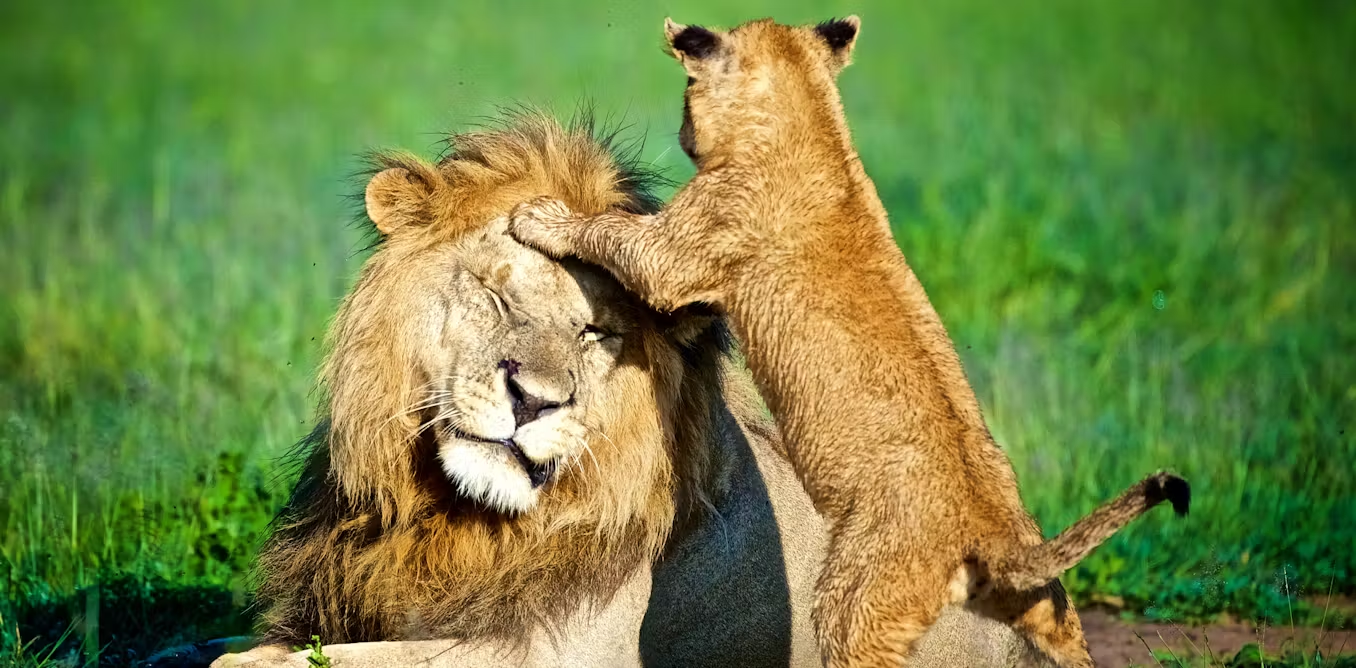Fatherhood is often viewed through cultural, emotional, and social lenses — but what does it mean to be a "good father" from a purely biological perspective? Scientists have long studied paternal behavior across species, including humans, to understand the evolutionary and biological mechanisms that define successful fatherhood.
Beyond Genetics: Active Investment in Offspring
Biologically, fatherhood begins with the contribution of genetic material. But in many species, successful fatherhood requires much more than passing on genes. Active involvement in caregiving, protection, and resource provision can significantly increase the chances of offspring survival, ultimately ensuring that a father’s genes are successfully passed to future generations.
In some species, such as certain birds and mammals, fathers share parenting duties equally with mothers, feeding and protecting their young. In humans, paternal involvement has been linked to better physical, emotional, and cognitive outcomes for children. Studies suggest that fathers who are actively engaged—through nurturing, teaching, and providing security—contribute positively to their children’s development and well-being.
The Role of Bonding and Hormones
Biology also plays a role in fostering paternal behavior. Hormonal changes occur in many fathers during pregnancy and after childbirth. For example, studies have found that testosterone levels often decrease in human fathers, while hormones like oxytocin and prolactin increase, promoting bonding, empathy, and caregiving behaviors.
This hormonal shift supports the idea that biological mechanisms encourage fathers to engage emotionally and physically with their offspring, strengthening the parent-child bond and increasing the offspring’s survival prospects.
Fatherhood Across Species
Fatherhood varies dramatically across the animal kingdom. In some species, such as seahorses and certain fish, males take on the primary role of carrying and nurturing offspring. In others, such as many mammals, paternal involvement is minimal or nonexistent. These differences reflect diverse evolutionary strategies shaped by survival pressures, mating systems, and ecological demands.
In species where offspring require prolonged care, like humans, involved fatherhood provides a significant advantage. The longer period of dependency allows for learning, social development, and the acquisition of complex skills, all of which benefit from the support of both parents.
The Human Dimension: Culture Meets Biology
While biology lays the foundation for paternal behavior, culture and society heavily influence how fatherhood is expressed. Expectations of what it means to be a "good father" vary widely across cultures and time periods, shaped by economic, religious, and social norms.
Nonetheless, scientific research consistently highlights the positive impact of involved, supportive fathers on child development. Emotional presence, active caregiving, and stable support systems are hallmarks of effective fatherhood, whether viewed through a biological or cultural lens.
A Complex, Evolving Role
Being a "good father," biologically speaking, involves much more than reproduction. It encompasses a complex blend of genetic, hormonal, behavioral, and environmental factors that work together to ensure the survival and success of offspring. As science continues to explore the intricate dynamics of fatherhood, one thing remains clear: fathers play a crucial and deeply meaningful role in shaping the next generation.
